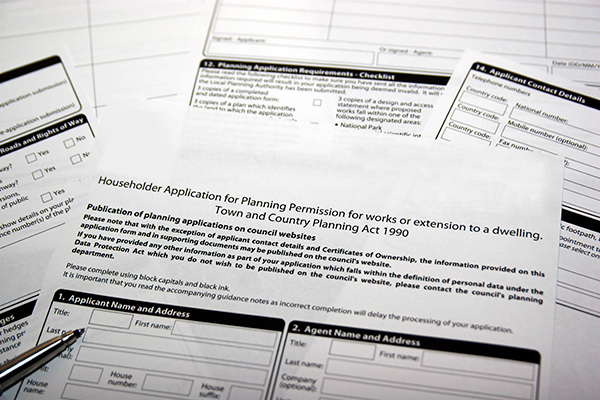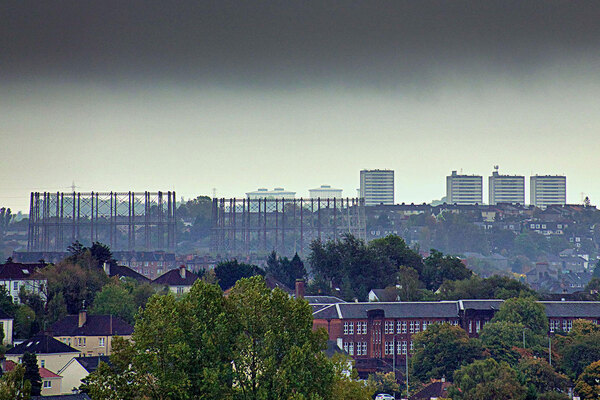Catalyst’s surplus plunges 45% as sales market slows
London-based housing association Catalyst has seen its surplus nearly halve after a subdued housing market affected the number of homes it could build for sale.
In its latest annual accounts for the 12 months up to 31 March 2019, the 21,000-home landlord achieved a surplus of £30m for the year, down 45% on last year’s £54.7m.
It was also down 57% on the organisation’s 2016/17 surplus figure of £69.9m
The housing association had a turnover of £180m for the financial year – 16% less than the previous 12 months – but improved its social housing operating margin to 36% from 35.5%.
Of its turnover for the year, almost £124m came from social housing income and expenditure from lettings.
Its surplus fell because of fewer market sales, which the company suggested was “partly because of a natural pause in completions in several multi-year development schemes, and partly because of a more challenging sales market”.
It said it had seen “stronger headwinds” on market sales and had slowed the rate of building on several schemes to match slower sales rates or switched tenures to affordable homes instead.
“Notably, we have a significant number of development schemes in our pipeline which, while usually for a mixture of market sale, shared ownership and affordable rent, are for all affordable homes,” it said.
Several London-based housing associations are making changes to their development plans in a bid to combat the effect of a waning property market in the capital.
Despite the slower market, Catalyst increased its total investment in building new and improving homes to £129.5m, with the majority of that aimed at building its development pipeline and enhancing fire safety measures.
During the 12-month period the association completed 560 new homes, and of those more than 84% were affordable. It built 306 for affordable or social rent, 165 for shared ownership and 89 market sale.
Tim Jennings, executive director of finance, said: “Catalyst’s performance on sales reflects both the current market and the impact of some delays on our development sites.
“Despite this, our underlying financial strength and operating performance has continued to improve, with Catalyst’s social housing operating margin again increasing.”
He pointed out that Catalyst’s credit rating with Standard & Poor’s had remained at A (outlook negative), reflecting the business’s strong liquidity, capacity against covenants and the quality of its asset base.
Housing association financial statements 2018/19
A2Dominion’s surplus falls by 74%
Aster's surplus rises as it eyes land acquisitions
BPHA surplus falls after bumper year of spending
Catalyst's surplus plunges 45% as sales market slows
Clarion’s surplus falls for third year running
Hyde reveals £17m spend on fixing post-Grenfell defects
Metropolitan Thames Valley shared ownership surplus tumbles
Network Homes boost surplus by 62%
Notting Hill Genesis customer satisfaction rate only 65%
Paradigm’s surplus falls slightly thanks to development difficulties
Peabody's self-imposed rent cut hits margin
Optivo returns to surplus after refinancing
Orbit surplus falls 52% as sales income slips
L&Q sees surplus drop by 42% in ‘challenging’ year
Southern reports 14% slide in surplus as fire safety checks increase
Sovereign's private sales income up 24%
Stonewater sees surplus fall by 43%
Swan surplus dives as cost to fix ACM cladding remains uncertain
WM Housing swings back into the black ahead of rebrand













